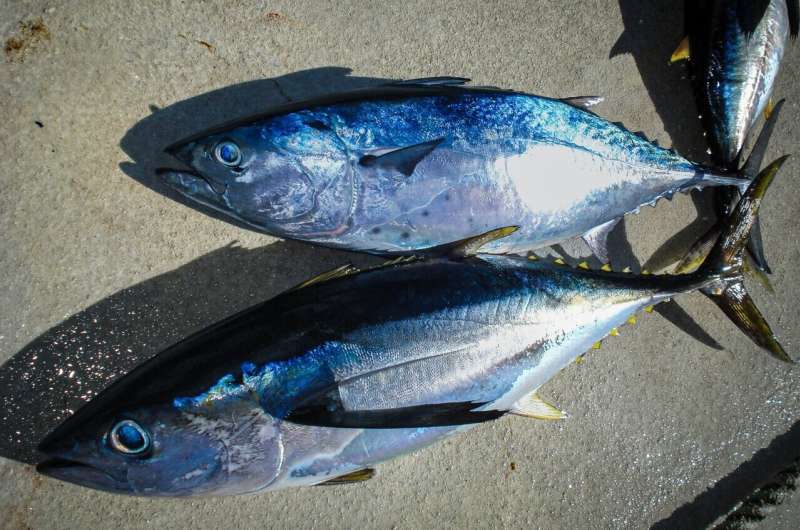Researchers from the University of Queensland are calling for reforms to Australia’s environmental laws to better protect endangered marine species. The article highlights four species – orange roughy, blue warehou, school shark, and southern bluefin tuna – that are listed as threatened under the EPBC Act, yet are still legally exported from Australia. This issue is due to a loophole in the legislation that allows ‘Conservation Dependent’ species to be exempt from stricter regulations. The researchers propose several key changes, including mandatory regular review of threatened species status and incorporating international listings, to prevent further marine extinctions. Environmental law, Endangered species

Loophole in Australia’s Environmental Legislation
According to the researchers, the root of the problem lies in a unique category within Australia’s Environment Protection and Biodiversity Conservation (EPBC) Act, called ‘Conservation Dependent’. This classification only applies to marine fish species and effectively exempts them from the stricter regulations that would otherwise apply if they were listed under standard threat categories like Vulnerable, Endangered, or Critically Endangered.
Despite these species being recognized as threatened, the ‘Conservation Dependent’ designation means they are still legally exported from Australia. In fact, the researchers found that since the inception of the EPBC Act, 107 kilotons – or 10% of all Australian seafood exports – have been of these four listed threatened species.
Recommendations for Strengthening Environmental Protections
The researchers propose three key changes to Australia’s new environmental protection legislation to better safeguard endangered marine species:
1. Mandate regular review of the conservation status of all threatened species. This would ensure that species like the southern bluefin tuna, which is not currently assessed as overfished, are de-listed more swiftly when their status improves.
2. Assess species acknowledged as threatened under international listings, such as the IUCN Red List or global conventions, within Australia’s new threatened species legislation. This would provide a more comprehensive and up-to-date approach to identifying and protecting endangered marine life.
3. Treat commercially harvested threatened species the same as other threatened species, removing the ‘Conservation Dependent’ loophole. This would subject these species to the same stricter regulations and export restrictions as other listed threatened species.
Preventing Further Marine Extinctions
The researchers emphasize the urgency of these reforms, as the current legislation is failing to adequately protect Australia’s threatened marine species. Four of the species identified – the orange roughy, blue warehou, school shark, and southern bluefin tuna – have been found eligible for higher threat categories, such as Critically Endangered or Endangered, by the Threatened Species Scientific Committee.
Without meaningful changes to the EPBC Act, the researchers warn that further marine extinctions are likely to occur in Australian waters. By closing the ‘Conservation Dependent’ loophole and ensuring regular, comprehensive review of threatened species, the researchers believe Australia can take a significant step towards safeguarding its endangered marine life for future generations.
